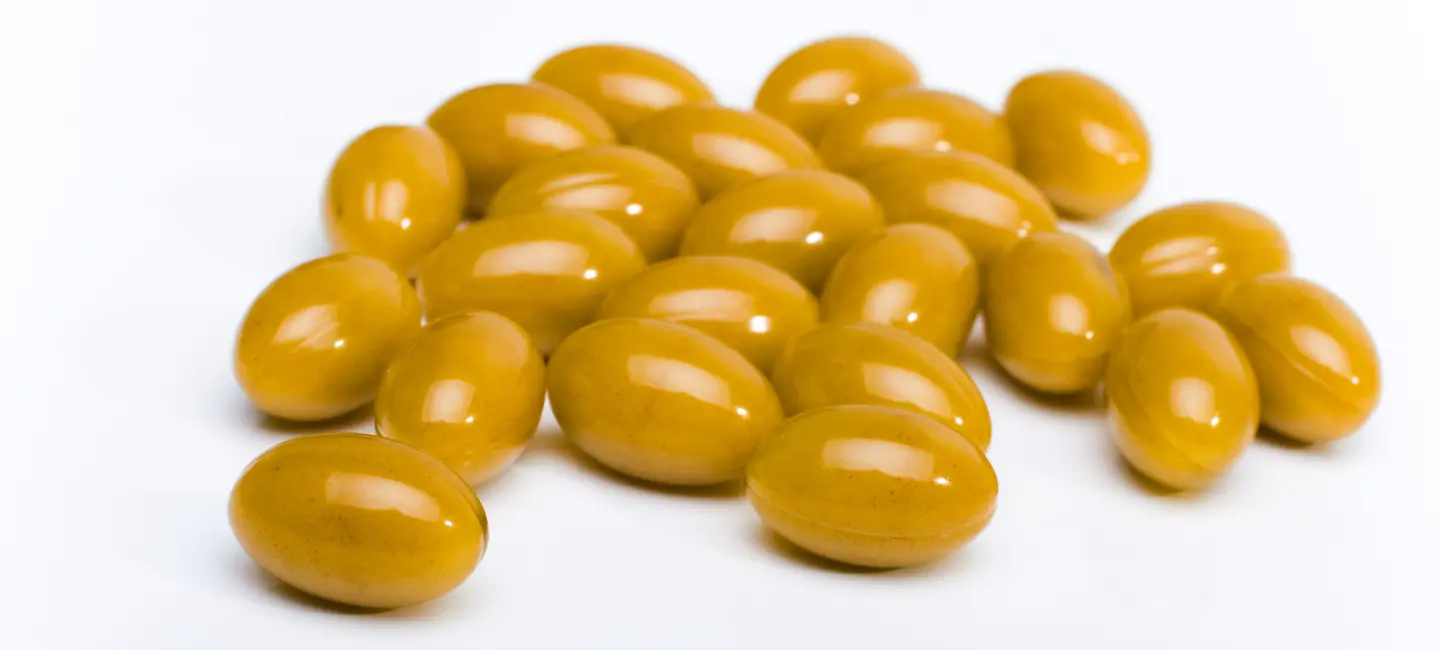
Royal jelly is a milky secretion made by worker honeybees (Apis mellifera). It's rich in carbs, protein, amino acids, fatty acids, vitamins, and minerals.
Royal jelly gets its name because it is used as food for the queen bee. Its composition varies depending on geography and climate.
People use royal jelly for symptoms of menopause. It's also used for hay fever, diabetes, premenstrual syndrome (PMS), obesity, dry eye, and many other purposes, but there is no good scientific evidence to support these uses.
Don't confuse royal jelly with bee pollen, beeswax, bee venom, honey, or propolis. Also don't confuse it with apitherapy. These are not the same.
Is It Effective?
NatMed Pro rates effectiveness based on scientific evidence according to the following scale: Effective, Likely Effective, Possibly Effective, Possibly Ineffective, Likely Ineffective, Ineffective, and Insufficient Evidence to Rate.
- Symptoms of menopause. Taking royal jelly by mouth, alone or with other ingredients, seems to somewhat improve symptoms of menopause. But it's not clear if applying royal jelly to the skin helps.
- Hay fever. Taking royal jelly by mouth before and during pollen season doesn't seem to improve seasonal allergies.
- Diabetes. Taking royal jelly by mouth doesn't seem to improve blood sugar levels in people with diabetes.
- Physical performance in elderly adults. Taking royal jelly by mouth doesn't seem to improve hand grip strength, walking, or balance in elderly people living in a nursing home.
There is interest in using royal jelly for a number of other purposes, but there isn't enough reliable information to say whether it might be helpful.
Is it Safe?
When taken by mouth: Royal jelly is possibly safe when used short-term. Doses of up to 4.8 grams daily have been used safely for up to 1 year. It's usually well-tolerated. But people with asthma or allergies might experience an allergic reaction.
When applied to the skin: Royal jelly is possibly safe when used for up to 6 months. It might cause skin irritation and rash in some people.
Special Precautions & Warnings:
Pregnancy and breast-feeding: There isn't enough reliable information to know if royal jelly is safe to use when pregnant or breast-feeding. Stay on the safe side and avoid use.
Children: Royal jelly is possibly safe when taken by mouth for up to 6 months in children 5-16 years of age.
Asthma or allergies: Don't use royal jelly if you have asthma or allergies to bee products. It could cause some serious reactions, even death.
Medications for high blood pressure (Antihypertensive drugs)
Interaction Rating=Moderate Be cautious with this combination.
Royal jelly might lower blood pressure. Taking royal jelly along with medications that lower blood pressure might cause blood pressure to go too low. Monitor your blood pressure closely.
Warfarin (Coumadin)
Interaction Rating=Moderate Be cautious with this combination.
Royal jelly might increase the effects of warfarin. Taking royal jelly with warfarin might increase the risk of bruising or bleeding.
Herbs and supplements that might lower blood pressure: Royal jelly might lower blood pressure. Taking it with other supplements that have the same effect might cause blood pressure to drop too much. Examples of supplements with this effect include andrographis, casein peptides, L-arginine, niacin, and stinging nettle.
There are no known interactions with foods.
Royal jelly has most often been used by adults in doses of 1000 mg by mouth daily for up to 6 months. It's also been applied to the skin in different types of products, including fresh royal jelly, vaginal creams, vaginal solutions, and ointments. Speak with a healthcare provider to find out what type of product and dose might be best for a specific condition.
Bee Saliva, Bee Spit, Gelée Royale, Honey Bee Milk, Honey Bee's Milk, Jalea Real, Lait des Abeilles, Royal Bee Jelly.
Information on this website is for informational use only and is not intended to replace professional medical advice, diagnosis, or treatment. While evidence-based, it is not guaranteed to be error-free and is not intended to meet any particular user’s needs or requirements or to cover all possible uses, safety concerns, interactions, outcomes, or adverse effects. Always check with your doctor or other medical professional before making healthcare decisions (including taking any medication) and do not delay or disregard seeking medical advice or treatment based on any information displayed on this website.
© TRC Healthcare 2024. All rights reserved. Use and/or distribution is permitted only pursuant to a valid license or other permission from TRC Healthcare.
